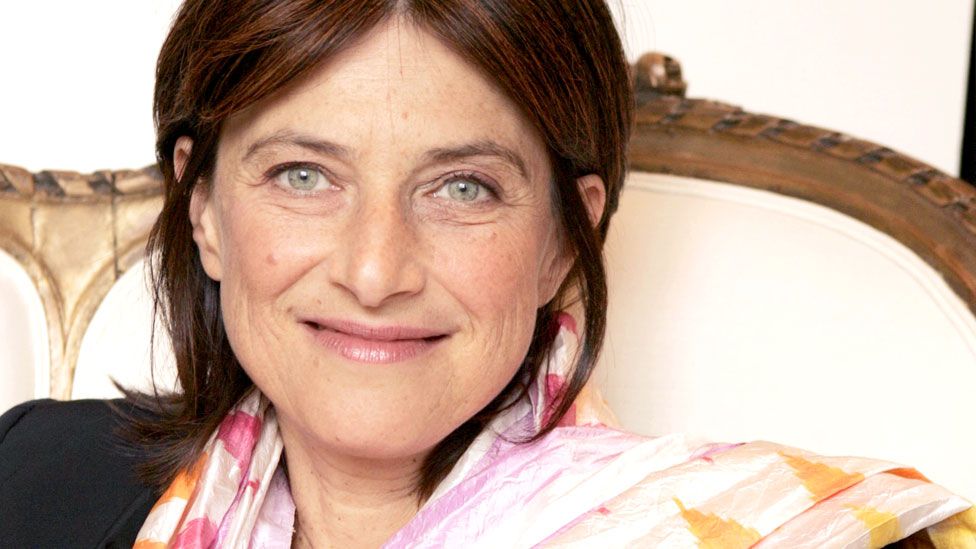A film directed by a woman has been chosen as the greatest of all time by a group of experts.
Jeanne Dielman, 23 quai du Commerce, 1080 Bruxelles, directed by Chantal Akerman, has topped the British Film Institute’s Sight and Sound poll.
It is the first time a work directed by a woman has reached the top ten. The poll, which runs every decade, has been criticised for a lack of diversity.
The winning spot was held for 40 years by Orson Welles’ Citizen Kane.
It was overtaken in 2012 by Alfred Hitchcock’s Vertigo.
Jeanne Dielman, released in 1975, is the story of a Belgian widow who turns to prostitution to make ends meet, but kills one of her clients. The film runs for almost three and a half hours.
Though not as well-known outside the world of film criticism as previous winners, it has been lauded as a “masterpiece”, and a ground-breaking piece of feminist film.
Chantal Akerman, the Belgian director, died in 2015 aged 65.
Lillian Crawford, a film critic and writer who contributed to the poll, said the film was the “essential text” in feminist cinema.

“Jeanne Dielman isn’t a film that I would say to someone getting into cinema ‘Oh, this is the first film you absolutely must see’,” she told the BBC.
“I think if you’re going to work through the list, maybe do it in reverse order and sort of build towards it, because it’s quite an ask to invite people to see this.
“But in an academic sense and thinking about cinema and encouraging more people to seek out experimental film, films by women, and in terms of the history of feminist cinema, this is absolutely the sort of essential text.”
In an article for the British Film Institute, Laura Mulvey, a professor of film studies at Birkbeck University, called the vote a “sudden shake-up”.
“Things will never be the same,” she wrote.
The poll has been run by the British Film Institute’s Sight and Sound magazine each decade since 1952.
It has faced criticism in the past for a lack of diversity in the experts polled and the list of 100 best films chosen.
In 2012, Jeanne Dielman was one of just two films directed by women which made it on to the list, along with one by a black director – Djibril Diop Mambéty’s Touki Bouki.
Over the years the number and diversity of people consulted have increased. This year, 1,639 critics, programmers, curators, archivists and academics were asked to choose their top ten films.
Last time’s winner, Vertigo, claimed the second spot, while Citizen Kane was third.
Yasujirō Ozu’s Tokyo Story came fourth, followed by Wong Kar Wai’s In the Mood for Love in fifth place.
Source: BBC
